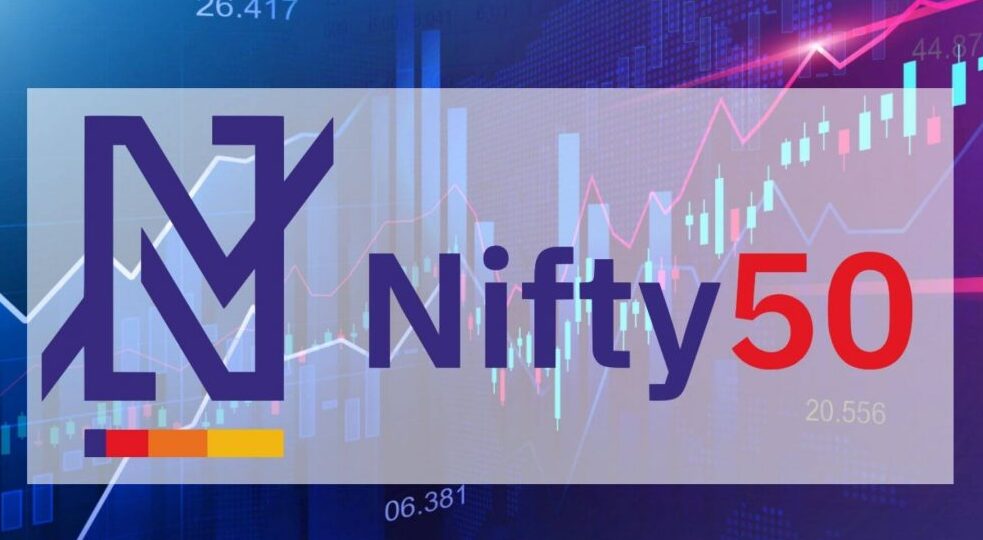From July 3rd, all Nifty derivatives trades will take place on the International Financial Services Centre (IFSC), as per recent reports. This move has been made by the National Stock Exchange (NSE) to increase the popularity of the IFSC as a financial hub in India.
The IFSC, which is located in Gujarat, was created to encourage investment in India and promote the development of international financial services. It is a regulated platform that allows global investors to access Indian markets and provides them with the necessary infrastructure and facilities to conduct transactions.
This new development by the NSE is expected to significantly boost the IFSC’s standing as a financial center in India. It is hoped that the move will attract more investors, both domestic and international, to the platform.
Nifty derivatives are financial instruments that allow investors to speculate on the future movements of the Nifty index. The Nifty index is a benchmark index of the NSE that comprises 50 stocks and represents the overall performance of the Indian equity market.
The NSE has decided to shift all Nifty derivatives trades to the IFSC as part of its efforts to enhance the competitiveness of the IFSC. The NSE is currently the only exchange that offers Nifty derivatives trading in India. This means that all Nifty derivatives trades will be conducted on the IFSC’s platform.
This move is expected to have significant benefits for the IFSC. The IFSC is a tax haven and offers various tax incentives to investors. The IFSC offers tax exemptions on capital gains, dividend income, and income from trading in securities, among other things.
This makes the IFSC an attractive destination for investors looking to minimize their tax liabilities. The IFSC’s tax benefits, combined with its state-of-the-art infrastructure, make it an ideal location for conducting financial transactions.
The IFSC also offers various other advantages to investors. These include a stable regulatory environment, world-class facilities, and access to a large pool of skilled professionals. The IFSC is also well-connected to major financial centers across the world, making it easy for investors to conduct transactions.
The NSE’s decision to move all Nifty derivatives trades to the IFSC is expected to significantly enhance the competitiveness of the IFSC. This move will make it easier for investors to access the IFSC’s platform and conduct transactions. The move is also expected to lead to increased transparency and liquidity in the derivatives market, which will benefit all participants.
Moreover, this change will bring new opportunities for international investors looking to diversify their portfolios or access riskier investments than they could find domestically. The IFSC’s sophisticated infrastructure, experienced staff, and efficient regulatory framework are sure to attract more and more investors in the near future. With a wide range of available investment options, including private equity funds, hedge funds, REITs, commodities and derivatives markets, investors can find products to suit their individual preferences. The IFSC is also well-positioned to capitalize on India’s growing economy and offer investors attractive returns on their investments.
The move is also expected to have significant benefits for the Indian economy. The IFSC is expected to attract more foreign investment, which will help boost economic growth and create jobs in the country. In addition, it will also help increase the efficiency of capital flows and facilitate the development of global financial markets in India. The IFSC is expected to provide a much-needed boost to India’s financial services industry, which has been struggling in recent years due to increasing cost pressures and technological disruption.
Overall, the NSE’s decision to shift all Nifty derivatives trades to the IFSC is a positive development for the Indian financial industry. It is expected to enhance the competitiveness of the IFSC and attract more investors to the platform. This move is expected to have significant benefits for the Indian economy and create new opportunities for investors in the country.









